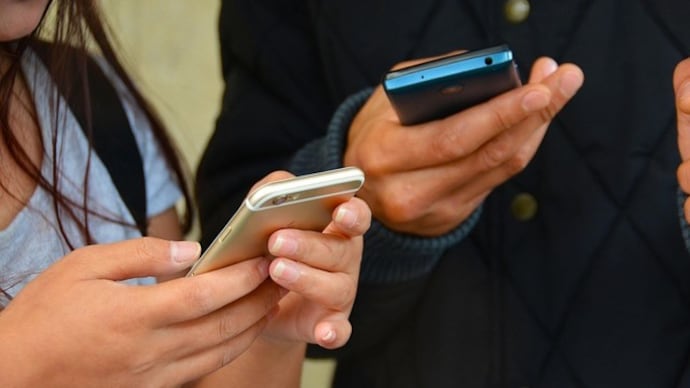Delhi High Court Guidelines on Smartphone Use in Schools
The Delhi High Court recently addressed the issue of smartphone usage in schools. On February 28, 2025, Justice Anup Jairam Bhambani issued guiding principles aimed at balancing the benefits and drawbacks of smartphones in educational settings. The court’s decision came in response to a case involving a student penalised for misusing a smartphone. The ruling reflects a growing recognition of the need for a structured approach to technology use in classrooms.
Context of Smartphone Usage in Schools
Smartphones have become ubiquitous among schoolchildren. While they offer benefits such as improved communication and safety, their unrestricted use can lead to distractions and negative behaviours. Various educational authorities, including the Directorate of Education in Delhi, have attempted to limit smartphone use. However, outright bans have been deemed impractical by the court.
Guiding Principles Established by the Court
The court proposed nine guiding principles to regulate smartphone use effectively.
- Smartphones should not be entirely banned but monitored.
- Students may need to deposit their devices upon entering school.
- Classroom use of smartphones is prohibited to maintain discipline.
- Education on ethical smartphone use is essential.
- Devices should be allowed for safety, not entertainment.
- Policies should involve consultations with educators and parents.
- Schools should have the discretion to tailor policies to their unique contexts.
- Policies must be transparent and enforceable.
- Regular reviews of smartphone policies are necessary to address emerging challenges.
The Court’s Rationale for Guidelines
The court aimed to establish a balanced framework for smartphone use. It recognised the potential benefits, such as enhanced safety and communication between parents and children. The guidelines emerged from a broader discussion on the need for structured smartphone policies in schools, particularly in light of previous government directives that sought to ban phones entirely.
Research on Smartphone Impact in Education
Studies, including those from UNESCO, highlight the dual nature of smartphone use in education. While excessive smartphone usage can distract students and hinder their academic performance, limited and structured use can enhance learning outcomes. Research indicates that smartphones can positively influence reading, mathematics, and science scores up to a certain threshold. Beyond this point, additional use yields diminishing returns in academic achievement.
Implications for Future Education Policies
The guidelines set by the Delhi High Court may influence future educational policies across India. Schools may adopt similar frameworks to navigate the complexities of technology in education. The emphasis on regulation rather than prohibition aligns with global trends towards integrating technology in classrooms while addressing potential drawbacks.
Month: Current Affairs - March, 2025
Category: Legal & Constitution Current Affairs






